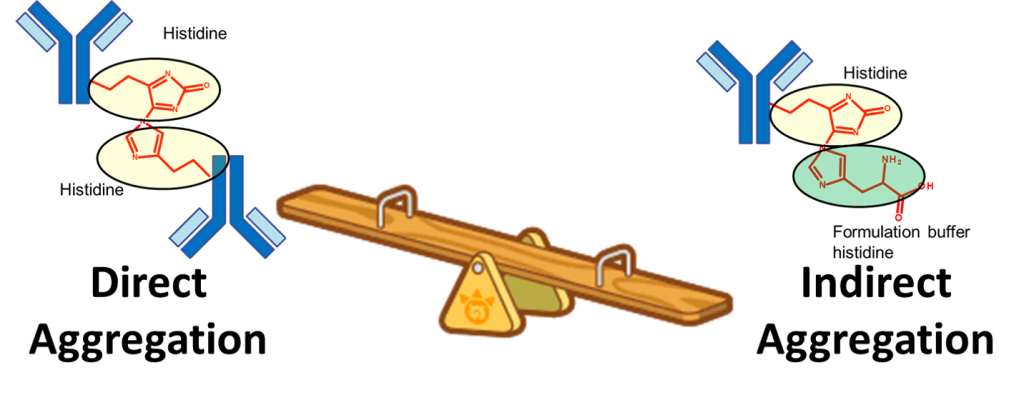Tag: amino acids
How oxidative stress contributes to neurodegenerative diseases

The human brain relies on a constant energy supply that when compromised, neurodegenerative disease ensues, initially disrupting nerve cell communication followed by nerve cell death. Paul Hyslop and Michael Chaney investigate fundamental mechanisms driving neurodegenerative disease, to identify therapeutic interventions. They focus on how an enzyme integral to energy supply to nerve cells, glyceraldehyde-3-phosphate dehydrogenase (GAPDH) – is inhibited and […]
Read More… from How oxidative stress contributes to neurodegenerative diseases
Understanding tomato plant metabolism for sustainable production

Historically, crops have been domesticated without limiting their access to nutrients or water. Since these varieties did not need efficient nutrient absorption and distribution mechanisms, they are poorly adapted to a sustainable agricultural system which limits the need for excess fertiliser. Drs Laura Carrillo and Joaquin Medina of the Centre of Biotechnology and Genomics (CBGP) in Madrid, Spain, investigated the […]
Read More… from Understanding tomato plant metabolism for sustainable production
Disruption of amyloid β-protein processing drives Alzheimer’s

In the study of familial Alzheimer’s disease, a specific form of amyloid β-protein (Aβ) found in amyloid plaques has been the focus of many investigations as a key driver of disease. However, increased concentrations of this form of Aβ does not always occur with disease-causing mutations, suggesting a different step in Aβ processing could be triggering Alzheimer’s. Professor Michael S. […]
Read More… from Disruption of amyloid β-protein processing drives Alzheimer’s
All’s swell: Greener replacements for hazardous solvents in peptide synthesis

There is growing awareness of the impact that solvents have on pollution, energy usage, contributions to air quality, and climate change. Consequently, sustainable solvents are a topic of growing interest, both within the research community and the chemical industry. A research team at Ipsen, Dublin, are forging the way ahead in the development of new, greener ways of manufacturing. Notably, […]
Read More… from All’s swell: Greener replacements for hazardous solvents in peptide synthesis
Controlling aggregation in monoclonal antibody therapeutics

Monoclonal antibodies (mAbs) have become the most important form of protein therapeutic and represent five of the top ten selling drugs by revenue worldwide. mAbs bind monospecifically to certain cells or proteins. The objective is that this treatment will stimulate the patient’s immune system to attack those cells. Despite the many advantages of antibodies as therapeutics, their development is complicated […]
Read More… from Controlling aggregation in monoclonal antibody therapeutics
Amino acids bombarded with ionising radiation – what breaks first?

Ionising radiation, including high-energy electrons, is usually something best avoided. However, nuclear accidents and even medical tools mean that human tissue is occasionally exposed to it. After the ‘Atomic Age’ of the mid-1900s, understanding the effect of radiation on the human body has been recognised as of paramount importance. Dr Jelena Tamuliene’s most recent research at Vilnius University is into […]
Read More… from Amino acids bombarded with ionising radiation – what breaks first?